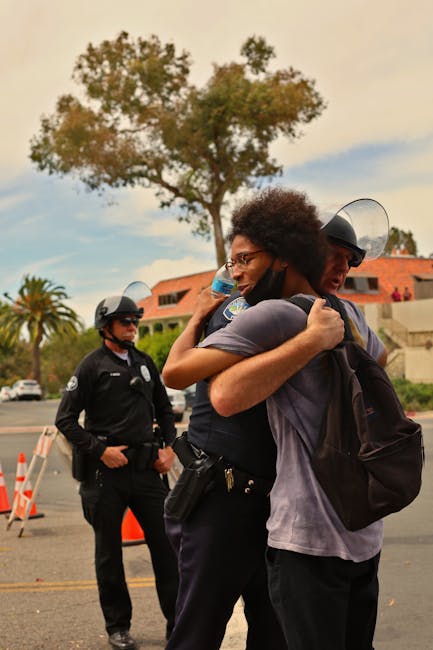New Delhi: The Indian government on Tuesday clarified that there was no discussion on Pakistan during the recent telephonic conversation between Prime Minister Narendra Modi and US President Donald Trump. In a separate development showcasing India’s focus on its eastern neighbourhood, sources indicated that PM Modi is likely to address the upcoming ASEAN summit virtually, underscoring a continued commitment to the ‘Act East’ policy through digital diplomacy.
Modi-Trump Phone Call: Focus on G7, China; No Pakistan Mention
The government’s clarification was issued to dispel speculation regarding the contents of the high-profile call. A senior official confirmed that the conversation was broad-based, covering significant bilateral and global issues. The key topics discussed included:
- President Trump’s invitation to PM Modi for the G7 Summit.
- The global response to the COVID-19 pandemic and potential vaccine collaboration.
- The security situation along the Line of Actual Control (LAC) on the India-China border.
- The need for reforms in multilateral institutions like the World Health Organization (WHO).
“The leaders’ conversation was substantive and forward-looking,” the source stated. “There was absolutely no mention of Pakistan or any related matter.”
Reinforcing India’s Bilateral Stance on Pakistan
This deliberate and public denial is diplomatically significant. It reinforces India’s long-standing position that all outstanding issues with Pakistan are bilateral and must be resolved without third-party mediation. President Trump has previously offered to mediate between the two nations, an offer India has consistently declined. By focusing the dialogue on strategic convergences like the Indo-Pacific, the expanded G7, and the challenge from China, New Delhi is clearly positioning its engagement with Washington as a partnership between major global powers.
PM Modi to Address ASEAN Summit Virtually
While managing its relationship with the West, India is also pivoting its diplomatic energy eastward. According to sources in the Ministry of External Affairs, Prime Minister Modi is expected to join the leaders of the 10-nation ASEAN bloc for their summit via video conference later this year.
The ASEAN-India Summit is a crucial pillar of India’s ‘Act East’ policy, serving as a key forum for deepening cooperation on trade, connectivity, and maritime security. Amid ongoing international travel restrictions due to the coronavirus, a virtual summit is the most practical way to maintain diplomatic engagement.
Strengthening ‘Act East’ Policy Through Digital Diplomacy
The move to a virtual format signals the adaptability of Indian diplomacy. It demonstrates a firm commitment to its partners in Southeast Asia, particularly as China’s growing influence in the region remains a shared concern for India and several ASEAN members.
“The engagement with ASEAN is non-negotiable for our strategic interests,” an MEA official noted. “Whether in-person or virtual, the dialogue must continue. Issues like supply chain resilience, post-pandemic economic recovery, and ensuring a free and open Indo-Pacific are more critical now than ever before.” A virtual address by PM Modi would reaffirm India’s role as a reliable partner and a stabilising force in the region.




